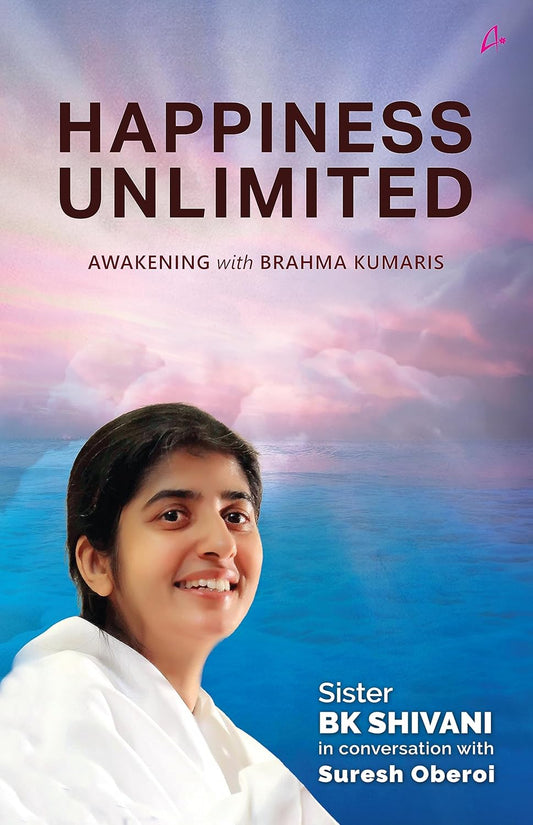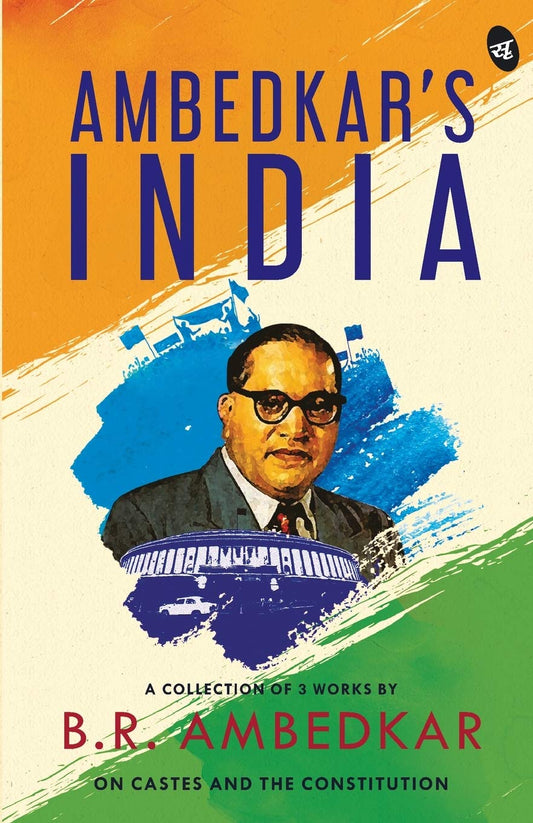In today’s fast-paced world, we have more ways to consume books than ever before. Whether you prefer to curl up with a physical book, download an e-book, or listen to an audiobook, the options are endless. While reading and listening both offer unique experiences, there are certain scenarios where one method may be more beneficial than the other.
In this blog post, we’ll explore when you should read a book versus when you should listen to it. By examining the strengths of both formats, we’ll help you determine the best approach for different situations and reading goals.
When You Should Read a Book: The Best Scenarios for Reading
Reading a book—whether in physical, digital, or e-book form—provides a deeply immersive experience that appeals to those who enjoy a tactile connection with the text. Here are the best scenarios where reading is the ideal choice:
1. When You Need to Focus and Retain Information
Reading is generally the best method when you’re looking to deeply focus on the content and retain the information. Here’s why:
- Active Engagement: When you read, you engage actively with the text. You can pause, re-read, highlight, and take notes, which helps improve understanding and retention. This makes reading ideal for non-fiction books, academic materials, or any content that requires deeper comprehension.
- Less Distraction: Reading a physical book or e-book allows you to control the pace without external distractions. This makes it easier to focus and absorb complex material, like self-help books, history, or research topics.
If you want to get the most out of a non-fiction book or need to absorb important details, reading is usually the best way to go.
2. When You Want to Savor the Reading Experience
Reading a book can be a meditative and immersive experience. For many people, the act of turning pages or reading text on a screen brings a sense of calm. The physical and emotional connection you make with a book can enhance its impact. Here’s why reading is often best for savoring the experience:
- Tactile Enjoyment: There’s something satisfying about the tactile act of holding a physical book and flipping through its pages. The sensory engagement with paper, texture, and weight adds a unique element to your reading.
- Slower Pace: Reading allows you to set your own pace, encouraging you to savor each word and take your time with the book. This is especially important with fiction books that offer rich storytelling and character development.
If you're looking to savor a classic novel, or literary fiction, or simply wish to escape into a different world, reading is often the better option.
3. When You Want to Set a Personal Reading Goal
Setting specific reading goals—such as reading a certain number of books per year or finishing a book within a set period—is often easier with physical or e-books. Here’s why:
- Track Progress: With printed or e-books, it’s easier to monitor your progress through a book, keeping track of how many pages or chapters you’ve read. Many e-readers offer a progress bar or percentage, which helps you stay motivated.
- Focus on Shorter Sessions: If you prefer to read in short, focused sessions, physical and digital books give you the ability to pick up and put down the book as needed, while still keeping track of where you left off.
If setting and achieving reading goals is a priority, reading books may be the best choice. It offers a level of control and personalization that enhances the process.
When You Should Listen to a Book: The Best Scenarios for Audiobooks
Audiobooks provide a hands-free, multitasking approach to consuming books. Listening to a book can be an ideal solution for readers who want to make the most of their time or prefer an audio-based experience. Here’s when you should consider listening to a book:
1. When You’re on the Go
Audiobooks excel in situations where you’re on the move and can’t physically hold a book. If you have a busy lifestyle and need to make use of your spare time, listening to a book is perfect. For instance:
- Commuting: If you spend time commuting, whether by car, train, or bus, audiobooks can keep you entertained and make the journey fly by. Instead of staring at your phone or zoning out, you can engage with a book.
- Exercise: Whether you’re running, walking, or hitting the gym, audiobooks make the perfect companion. They allow you to immerse yourself in a book while staying active.
If you have limited time or need a hands-free option, listening to an audiobook makes multitasking easy, turning even mundane tasks into productive reading time.
2. When You Want to Make Use of Downtime
For moments when you have downtime but still want to “read,” audiobooks can be incredibly effective. Whether you’re cooking, cleaning, or doing chores, listening to a book can make these tasks more enjoyable. Here’s why audiobooks work well in these scenarios:
- Passive Engagement: You don’t have to be fully immersed in the text when you listen. Audiobooks allow you to process the content passively while you focus on other tasks.
- Great for Repetitive Tasks: When doing repetitive tasks (e.g., cleaning, organizing), audiobooks make it easy to stay entertained and learn without the need for dedicated focus.
For readers who want to maximize their time or engage in passive learning, listening is an efficient way to experience books during tasks or moments when you can’t sit down with a physical book.
3. When You Want a Narrator’s Interpretation of the Story
One unique benefit of audiobooks is the performance element. When you listen to an audiobook, the narrator brings the book to life, offering dramatic flair, character voices, and emotional emphasis. Here’s when audiobooks shine in this way:
- Fiction and Storytelling: Audiobooks are often fantastic for novels, particularly those that are character-driven. A skilled narrator can bring the dialogue and characters to life, enhancing the storytelling experience.
- Non-Fiction with Personality: Some non-fiction books benefit from a lively narration style, especially memoirs, biographies, or books with humor. The author’s voice can add personality and warmth to the material.
If you enjoy hearing a story told with passion and dramatic flair, audiobooks can offer an immersive experience that reading alone may not provide.
Final Thoughts
Ultimately, both reading and listening offer unique advantages, and the best method for you depends on your needs and preferences at a given moment. Here's a quick summary of when you might prefer each format:
-
Read when:
- You need to focus and retain information.
- You want to savor the reading experience.
- You prefer tracking progress or setting personal reading goals.
-
Listen when:
- You’re on the go and need a hands-free, multitasking option.
- You want to make use of downtime or repetitive tasks.
- You’re looking for an enhanced, performance-driven experience with character voices and narration.
Both formats allow you to enjoy books in different ways, and you don’t need to choose just one! Many readers enjoy a mix of both, depending on the situation. For example, you might listen to an audiobook during your commute and read a physical book at home.
No matter the format, the most important thing is that you’re enjoying and engaging with the books you love.
Reading vs. Listening to a Book FAQs
Is reading better than listening to a book?
It depends on personal preference. Reading helps with focus and retention, while audiobooks offer convenience and multitasking benefits.
Do you retain more information by reading or listening?
Studies suggest reading may lead to better retention, but active listening with focus can also be effective.
Are audiobooks as effective as reading for learning?
Yes, if you actively listen and engage with the content. However, complex topics may be easier to grasp through reading.
Which is faster: reading or listening to a book?
Reading is usually faster, but audiobooks can be sped up for quicker consumption.
Do audiobooks reduce comprehension compared to reading?
Some people find it harder to concentrate while listening, but comprehension depends on attention and engagement level.
Is listening to audiobooks considered "cheating"?
No! It’s just another way to consume and enjoy books based on lifestyle and preference.










